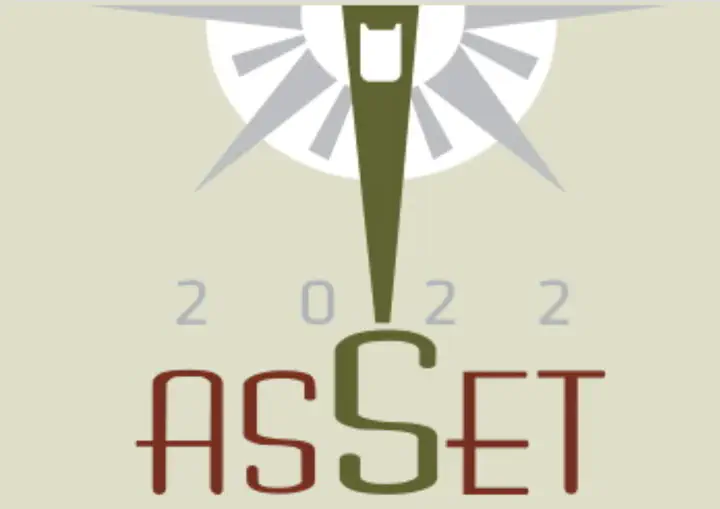Intelligence and Dishonesty
 Image credit: [ASSET]
Image credit: [ASSET]Abstract
Recently, it has been possible to classify honest and dishonest people into different typologies according to their behavior and decision-making. These results have shown people who prefer to lie, people who choose to cheat and not lie, and people who are radical in their dishonest behavior and take their reward without doing the assigned work. The next logical step is to understand what differences there are between the different profiles. Some research has already been done on gender differences with exciting results. In this study, we have analyzed whether intelligence is a fundamental factor in (dis)honest decision-making. We run an experiment with 564 people using the die-under-the-cup paradigm to measure (dis)honesty and CRT and Raven to measure intelligence. The results obtained are fascinating, especially when we examine the behavior of those people who are more intelligent.